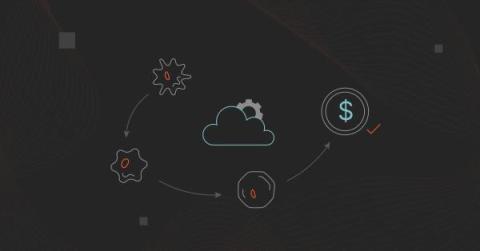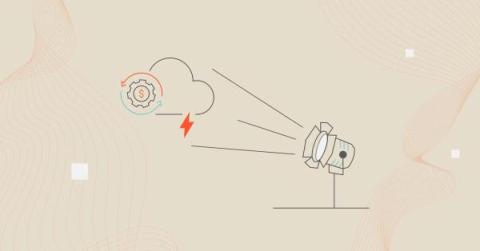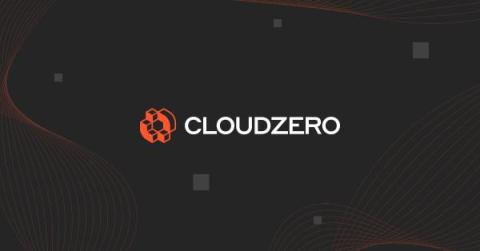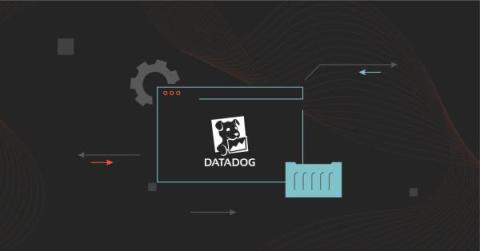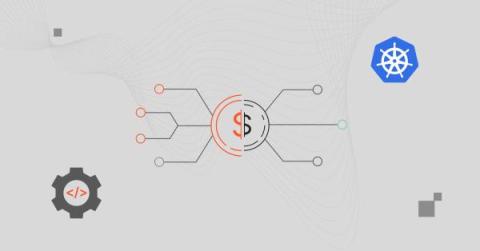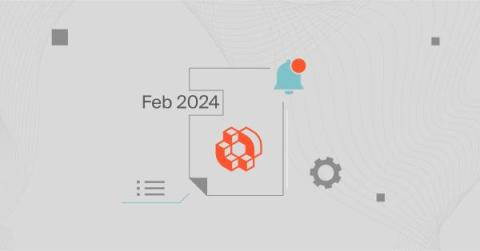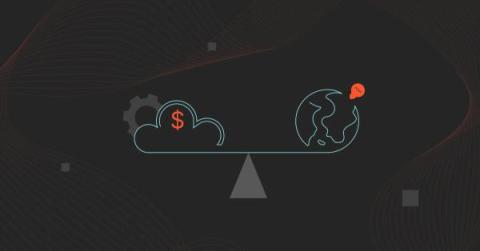The Evolution Of Cloud Cost Optimization Over The Last Decade
Over the past decade, the cloud computing landscape has transformed remarkably, evolving from a nascent technology into a fundamental component of modern digital infrastructure. As the technology has evolved, so too has the need to develop complex cost optimization strategies. A decade ago, businesses grappled with the complexities of brand-new cloud services, often facing challenges in managing costs due to opaque pricing models and a limited understanding of cloud economics.


